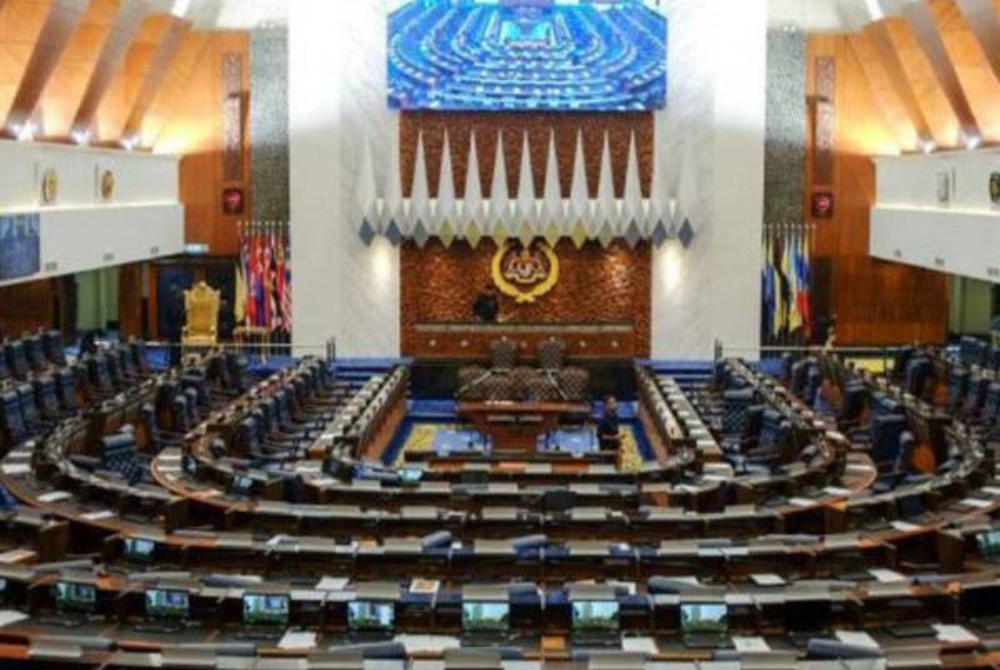Explainer - The case for and against anti-hopping laws

SHAH ALAM - Anti-hopping laws are not new to the country’s political scene as both sides of the divide have been proposing to stop the "frogging" phenomenon.
Former law minister Datuk Seri Azalina Othman Said had proposed a similar bill back in 2015 and DAP veteran Lim Kit Siang had proposed for all MPs to vacate their seats within 30 days of resigning from their party over a decade ago.
Neighbouring Singapore and New Zealand require MPs to vacate their seat should they resign or be expelled from their party.
Locally, the Supreme Court of Sabah ruled an earlier anti-hopping law unconstitutional in 1992.
Why should anti-hopping laws be implemented?
The Sheraton Move in Feb 2020 has shown Malaysians how politicians could easily jump ships and betray the trust of voters, as seen in the collapse of the Pakatan Harapan (PH) government, the rise and fall of Tan Sri Muhyiddin Yassin's administration and back to political turmoil under Datuk Seri Ismail Sabri Yaakob administration.
According to the Centre for Governance and Political Studies (CENT-GPS), around 46 percent of Malaysians are no longer keen on politics due to party-hopping. This is seen in the recent Johor state elections with 54.92 percent of the 2,599,797 eligible voters voted - the lowest turnout in any state election.
CENT-GPS further stated 43 percent of the respondents believed MPs should be banned from running in the next GE if they hop parties after an election whereas 34 percent say that the MP in question should lose their seat immediately for ignoring the mandate given by the voters to the elected representative.
To put things into perspective, on the Federal level alone, 40 MPs have changed their allegiances since GE14. At the state level in 2020, Johor, Melaka, Kedah and Perak have changed Menteri Besar due to party hopping.
Political stability, at the end of the day, is a crucial requirement for economic prosperity and the proper functioning of a parliamentary government.
Furthermore, the law may force politicians too busy “frogging” for position and power to start thinking about the rakyat.
But why are some against the Act?
The key argument against such the law is that it may violate Article 10 of the Federal Constitution, which protects freedom of association.
However, Article 10(2) states that the Parliament can impose legal restrictions on the rights granted by Article 10(1) “as it considers appropriate or expedient in the interest of the Federation’s or any part thereof’s protection, public order, or morality.”
According to CENT-GPS, it is clear that those rights are not absolute and could be limited by Federal laws.
A law must be dynamic and adapt to the changing needs.
Download Sinar Daily application.Click Here!















